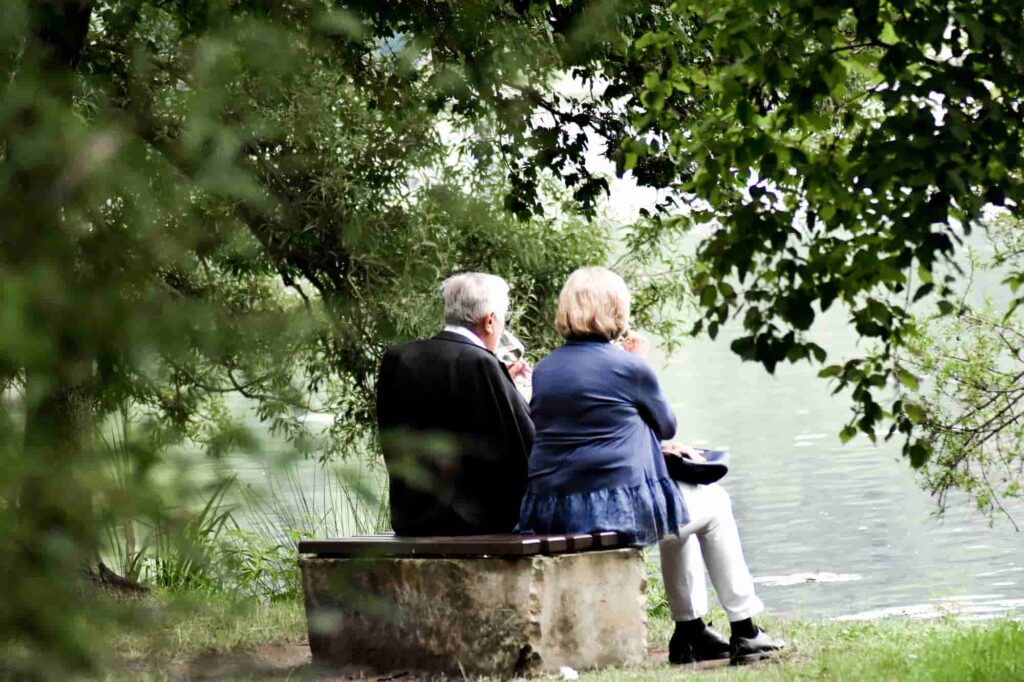Elder Law
LEGAL EXPERTISE ON THE FAR SOUTH COAST


Elder Law:
We recognise the need for quality legal services and expertise directed at helping our ageing population and their families. We are committed to helping our aging population and their families plan for retirement in such a way that promotes independence, quality of life and personal satisfaction.
Clarke Law can provide legal assistance in areas such as:
- Retirement, property and financial affairs
- Residential aged care accommodation and housing needs;
- Health and decision making, including power of attorney, enduring guardian and advanced health care directive doucments;
- Estate planning
What do I need to know before I "sign up" with a Retirement Village?
We understand that everyone’s circumstances are unique and we take the time to work with you, and where appropriate, your family and other professional advisers invoved with your affairs, to provide outcomes tailored to your needs.
John is one of few lawyers across NSW appointed to the NSW Law Society Elder Law Committee.
I'm thinking of moving into a Retirement Village, but there seems to be so much paperwork!
Yes – this is a complaint we hear often! The Retirement Village Code of Practice is intended to protect those who move into resident-funded retirement villages, but it can make things seem fairly complex for those considering making the move.
Our solicitors at Clarke Law have a wealth of experience with the Retirement Village Code of Practice and can help you to decipher all the paperwork and make sure your interests -financial or otherwise, are protected as you sign up for this important step in your life.
What are the most important things to investigate before choosing a Retirement Village?
Of course the most obvious things you should consider at first are the things you’d normally think about when renting or buying a property. Are you happy with the location? Is it close enough to friends and family? Is there good access to shopping, doctors and other daily necessities? Do you like the appearance and layout of the unit? Is the complex well looked after and do staff seem friendly and polite?
Once I've decided on a Retirement Village, what enquiries should I make?
Find out what fees you’ll need to pay to become a resident, a what the arrangements are for a refund of that fee if you were to move away or die. Ask what regular charges or fees will be payable while you are a resident, and enquire as to when and how those fees are raised or varied. Find out what services or benefits you will receive in exchange for your payments, and additional costs of “extra” services. Find out if there is any flexibility for you to move into alternative accommodation and what the costs would be.
Can you describe the main types of Retirement Village legal arrangements?
There are three main ways in which your rights can be determined when entering a Retirement Village. These include long term leases with an associated trust deed, a license or loan, or strata title arrangements. You need to find out which sort of arrangement you new Retirement Village is proposing, and have a solicitor look over the paperwork for you before you sign up to make sure the deal is in you and your family’s best interests.
You and the Village sign a long term lease agreement, usually about 99years. There is usually a separate company that manages the finances of the village on behalf of the Retirement Village owner, and the trust deed outlines the financial arrangements between the two with respect to your financial contribution.
This is where you repay an agreed amount of a loan per week and also an agreed amount for weekly maintenance. Problems with license or loan agreements can arise because there is no security for the repayment of a loan, which can often be quite a large amount of money.
This works a little like buying into a block of flats, you have ownership pf the unit you are moving in to.
There is a five day cooling off period in the Retirement Village Code, but please, see a solicitor before you sign your documents. If you’ve entered an agreement with a Retirement Village and are unhappy in any way, please contact Clarke Law and see if we can help you.
